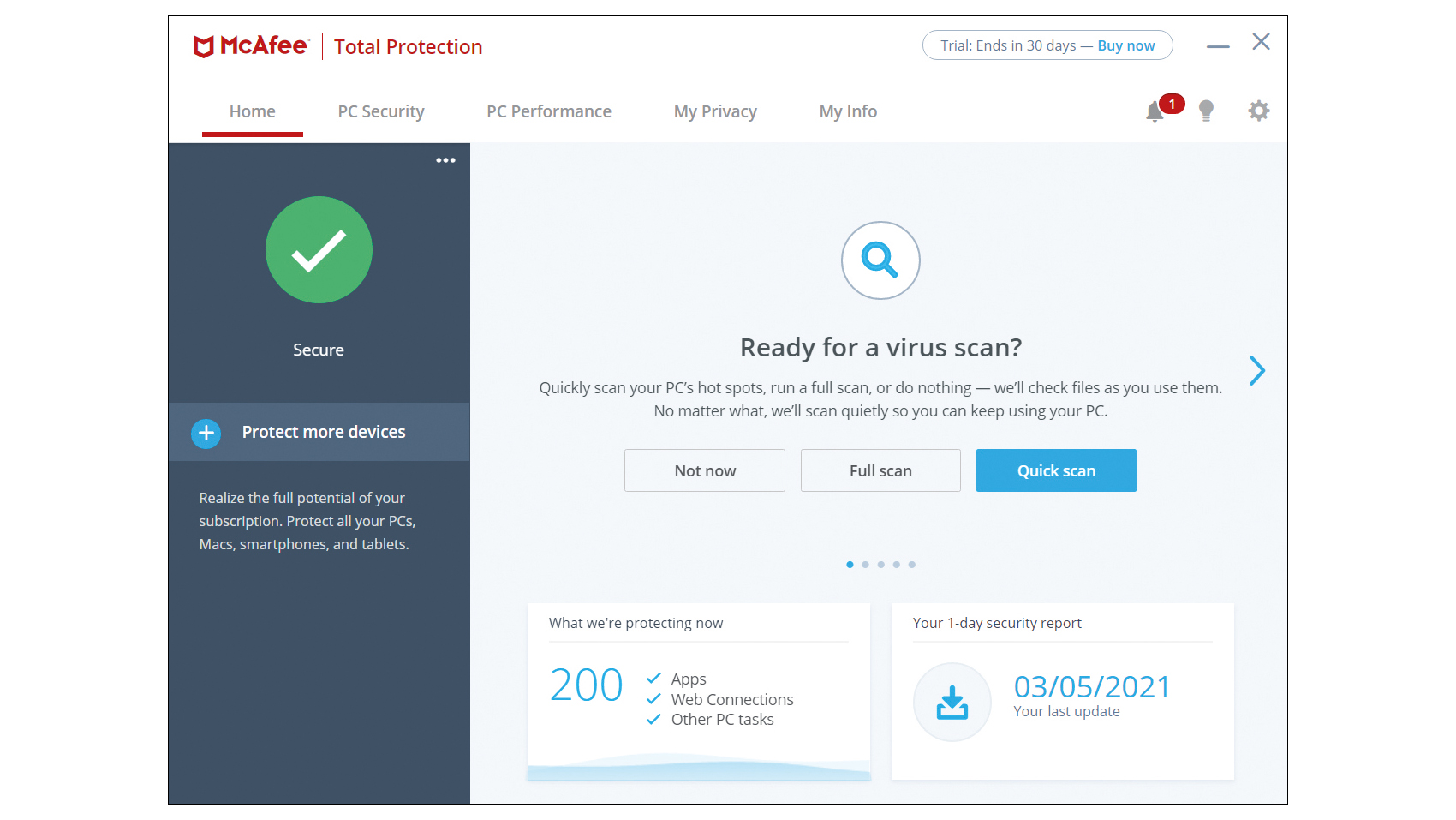USB top method to spread malware
Despite living in an online age, the USB worm has made a comeback according to McAfee’s latest security report.


The technique of spreading malware has reverted to an old school method, using USB ports as a point of entry.
This was the finding of McAfee's latest quarterly threat report, which showed USB worms as the top offender for the start of 2010.
"Go back 20 years and malware used USBs to spread," said Greg Day, director of security strategy in EMEA for McAfee, in an interview with IT PRO. "But we have been living in an age of internet and networking malware."
"The report has [shown that] this old technique, that was long forgotten, has come back."
Day said the increase of remote working, with more people using their own devices in and out of the office be it USB sticks, laptops, tablets or smartphones is making security even more challenging.
However, it was not all bad news as the number of malware infections had actually decreased compared to the same quarter last year, from 4.5 million to 3.75 million.
"It is a small dent in a big number so we can't rush around and celebrate," said Day. "But it may mean we are seeing some of the malware toolkits reach maturity and slow down."
Get the ITPro daily newsletter
Sign up today and you will receive a free copy of our Future Focus 2025 report - the leading guidance on AI, cybersecurity and other IT challenges as per 700+ senior executives
Trends in spam had stayed pretty similar to previous years. The "embarrassment factor" was still playing a part in online sales of pharmaceuticals or male enhancement treatments, while "smart, socially engineered" spamming was having more of an effect, playing on people's fears and concerns such as emails about tax scams or fake anti-virus software.
The global trends are echoed in the UK, Day noted.
"By the nature of the fact the UK uses the English language, we overlap with a lot of the problems," said Day, as the majority of malicious malware is written in our native tongue.
He noted there were a few more specific areas where Britons were falling victim, such as email bounce backs tricking you into giving away your password for a "reset" product sales and social networking scams.
Jennifer Scott is a former freelance journalist and currently political reporter for Sky News. She has a varied writing history, having started her career at Dennis Publishing, working in various roles across its business technology titles, including ITPro. Jennifer has specialised in a number of areas over the years and has produced a wealth of content for ITPro, focusing largely on data storage, networking, cloud computing, and telecommunications.
Most recently Jennifer has turned her skills to the political sphere and broadcast journalism, where she has worked for the BBC as a political reporter, before moving to Sky News.
-
 Cleo attack victim list grows as Hertz confirms customer data stolen
Cleo attack victim list grows as Hertz confirms customer data stolenNews Hertz has confirmed it suffered a data breach as a result of the Cleo zero-day vulnerability in late 2024, with the car rental giant warning that customer data was stolen.
By Ross Kelly
-
 Lateral moves in tech: Why leaders should support employee mobility
Lateral moves in tech: Why leaders should support employee mobilityIn-depth Encouraging staff to switch roles can have long-term benefits for skills in the tech sector
By Keri Allan
-
 McAfee and Visa offer 50% off antivirus subscriptions for small businesses
McAfee and Visa offer 50% off antivirus subscriptions for small businessesNews UK Visa Classic Business card holders can access the deal starting today
By Zach Marzouk
-
 McAfee Total Protection review: Expensive at full price
McAfee Total Protection review: Expensive at full priceReviews Protects your PC and includes a decent firewall, but costly and less effective than some rivals
By K.G. Orphanides
-
 McAfee Total Protection review: Quick, effective and affordable
McAfee Total Protection review: Quick, effective and affordableReviews A solid security choice, with perfect malware protection, a fully functional VPN and more
By ITPro
-
 McAfee’s zero trust solution strengthens private applications’ security
McAfee’s zero trust solution strengthens private applications’ securityNews MVISION Private Access grants secure access to private resources from any device or location
By Praharsha Anand
-
 PowerShell threats increased over 200% last year
PowerShell threats increased over 200% last yearNews A new McAfee report finds PowerShell attacks driven largely by Donoff malware.
By Rene Millman
-
 McAfee to sell enterprise business to STG for £2.8 billion
McAfee to sell enterprise business to STG for £2.8 billionNews The enterprise business will be rebranded, with McAfee focusing on personal security
By Daniel Todd
-
 Has the US government finally nabbed John McAfee?
Has the US government finally nabbed John McAfee?News Official Twitter account claims notorious tech tycoon has been “detained by authorities”
By Adam Shepherd
-
 John McAfee ordered to pay $25 million over neighbour's murder
John McAfee ordered to pay $25 million over neighbour's murderNews Controversial figure insists that he will not pay
By Adam Shepherd